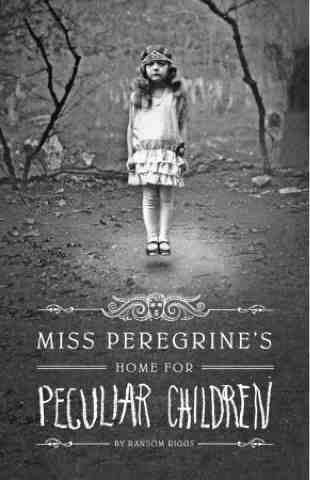Thought I'd read this for something completely different. I didn't know what to expect, apart from maybe some sad and cringeworthy tales of women remembering experiences they'd rather forget...but I wasn't expecting such a GREAT book. Honestly, this book was surprisingly brilliant. Really well written, funny in places, extremely honest, sad in parts but always incredibly moving.
it was tales that the writer had collected from willing women and men (aged between 85 and 25) who agreed to be interviewed about their first sexual experiences. All tales were placed into the social contexts and norms of their days. It was fantastic social commentary of life and sex in Britain from the 40s up to the present day.
I loved it because it was so well compiled and she just comes across as a really great interviewer, managing to put people at ease and ultimately getting the people to tell her so much more than what she bargained for!
I wish I had read this book when I was much younger. Anyone 14 or upwards and ALL sex education teachers should read this book...it might freak the kids a bit but ultimately it's all stuff I wish I had known about when I was younger.
What I love is the tone of the book is not judgemental at all. it's up to the interviewees to decide what 'losing your virginity' entails. Is it the first time you have full sex, the first time you have an orgasm, the first time you feel totally , absolutely and completely in love with someone or is it never?
Is it worth waiting and holding out for someone special or is it better just to get the first time done, dusted and behind you? What are the pressures put on young people today and are we really anymore sexually aware and active now than young people 40or 50 years ago?
People candidly recount all of the above issues and I especially loved the male point of view. It was great to get really brutally honest, funny and also sensitive impressions of virginity loss from the male perspective!
I love the way that difference is applauded too. The stories from gays and lesbians are well told but the section that affected me mostwas on abstinence. people who had never had sex seemed to be the most shunned and isolated group. ('Still a Virgin and not religious, why are you so weird?' seemed to be a common question these people encountered!) It was really refreshing to read stories from people who were happily declaring themselves, ( most of them without God in their ear) as different.
In this book she talks about losing something you don't really have and why virginity is still a discussion point, even in modern Britain.
When The author was about eight years old she found out what the word VIRGIN meant and she was shocked that there was a word to define the 'default' state. This was similar to me too. When I found out at about the same age I was upset to know that I could be labelled as a virgin. I didn't like the word or the label!
What this book highlights though is how choices have improved life for women in the Western World. They might not be easy choices but at least here in Britain people can make them and not concern themselves too much with people's reactions to them. But here we are in the minority, most women around the world are still being brutilised for 'losing' something that is almost impossible to quantify or to define.
All my friends read this book and then give it to your teenagers!
























